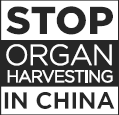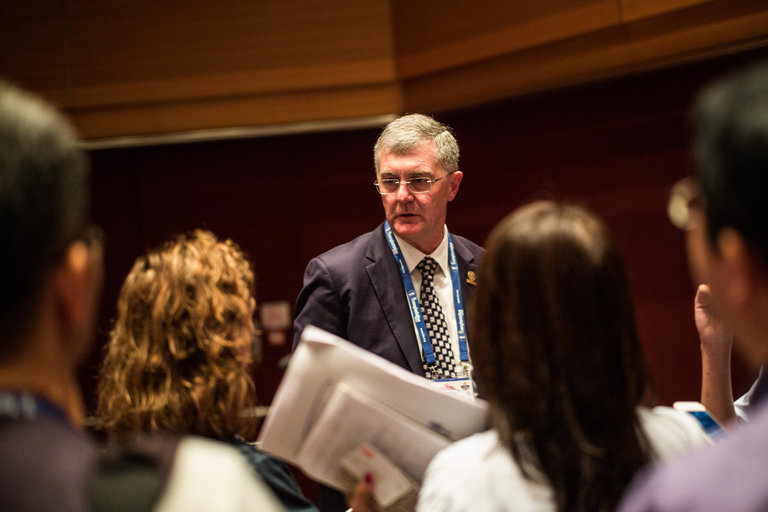By DIDI KIRSTEN TATLOW AUG. 19, 2016
HONG KONG – Chinese state news media and pro-Beijing newspapers in Hong Kong said on Friday that an international organ transplant conference in Hong Kong demonstrated that China’s transplant system, which for decades used organs from executed prisoners, had global backing.
That assertion was disputed on Friday afternoon by the president of the Transplantation Society, a nongovernmental organization based in Montreal that had organized the meeting.
At a conference session on Thursday, several leading Chinese medical specialists – including Dr. Huang Jiefu, a former deputy health minister; Dr. Zheng Shusen, a transplant surgeon at Zhejiang University; and Dr. Chen Jingyu, a transplant surgeon at Wuxi People’s Hospital – spoke about “a new era” of organ transplantation in China, according to the program and to several people who attended the event, which was not open to the news media.
China says it stopped using the organs of executed prisoners on Jan. 1, 2015, but doubts linger.
“Scholars say this special Chinese organ transplant meeting shows that the Chinese organ transplant world has been truly accepted by the Transplantation Society,” said Global Times, a Chinese state-run newspaper. Similar reports were published by the Hong Kong-based Wen Wei Po and Ta Kung Pao.
Dr. O’Connell told reporters that he had told Chinese presenters at the Thursday session that their country’s decades-long practice of using the organs of executed prisoners had horrified the rest of the world.
Many international medical organizations and human rights groups oppose the use of organs from prisoners on the grounds that they cannot give their consent freely. Hong Kong is a former British colony that returned to Chinese rule in 1997, but it does not practice capital punishment and has an organ donation system separate from the Chinese mainland’s.
“It is important that you understand that the global community is appalled by the practices that the Chinese have adhered to in the past,” Dr. O’Connell said he told them.
“As a result of these practices, the Chinese transplant centers have allowed a trenchant political opposition to their government to prosper,” he said.
Although Dr. O’Connell did not name any groups, he may have been referring to Falun Gong, a spiritual movement that is outlawed in China and that accuses the Chinese authorities of extracting organs from its members. Many of its practitioners have been jailed since 1999, when a large meditation exercise they staged in front of the party’s Zhongnanhai compound in Beijing caught leaders off guard.
Speaking to reporters on Friday, Dr. O’Connell said that “no one could interpret” what he said to the Chinese representatives as meaning that their system was “truly accepted by the Transplantation Society.”
“So they may say that, but that’s not what the truth is,” he added.
Also at the news conference on Friday, Dr. Jeremy Chapman, a former president of the society, said that a paper delivered at the Thursday meeting may have violated the society’s rules that no organs from executed prisoners be used in research.
Dr. Chapman did not name the presenter, but several people who attended identified him as Dr. Zheng, the transplant surgeon at Zhejiang University. Attempts to contact Dr. Zheng on Friday were not successful.
Reached on WeChat, a social media app, Dr. Huang, the former deputy health minister who has been overseeing the transition of China’s transplant system away from using prisoners’ organs, said that Dr. Zheng had already returned to Hangzhou, the provincial capital of Zhejiang.
Repeating that the society demanded that China completely stop using prisoners’ organs, Dr. Chapman said, “The material presented by one of the presenters in that first session was, in my view, incapable of being fitted within the confines of that.”
“I’ve already mentioned that to the Chinese government representatives who were at the meeting. I expect them to investigate,” he said, adding that the Transplantation Society would also investigate.
If his suspicions proved true, Dr. Chapman said, “Then they will be named and shamed, and they will be excluded from our meetings forever – and from publication in transplantation journals.”
Source:http://www.nytimes.com/2016/08/20/world/asia/china-hong-kong-organ-transplants.html?_r=2

